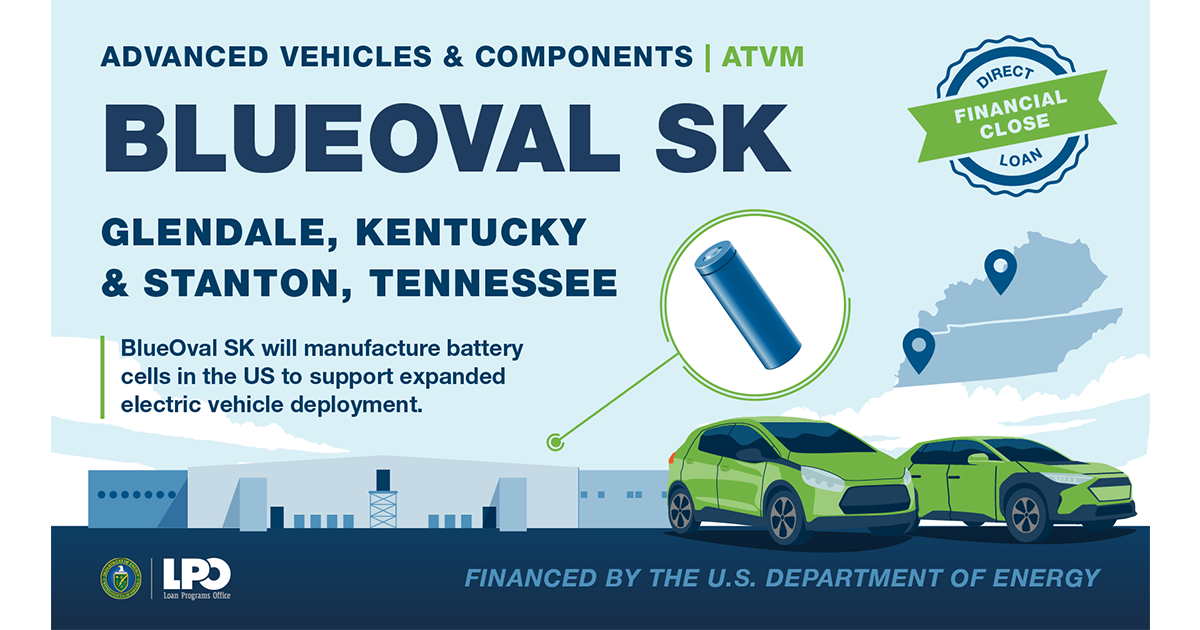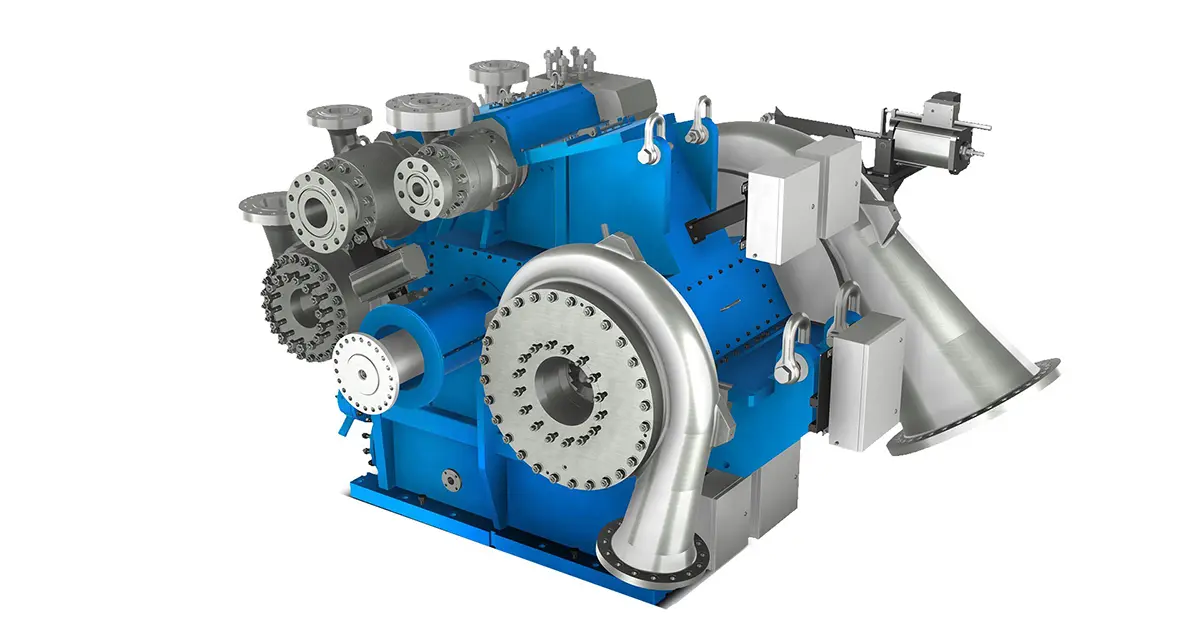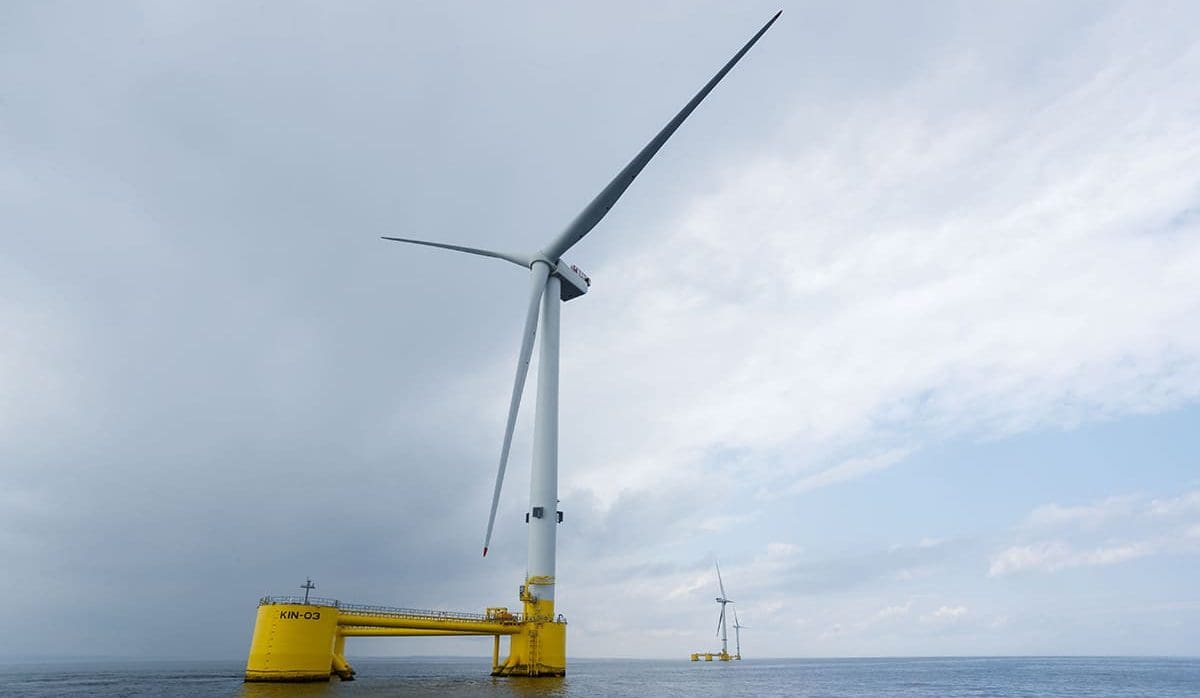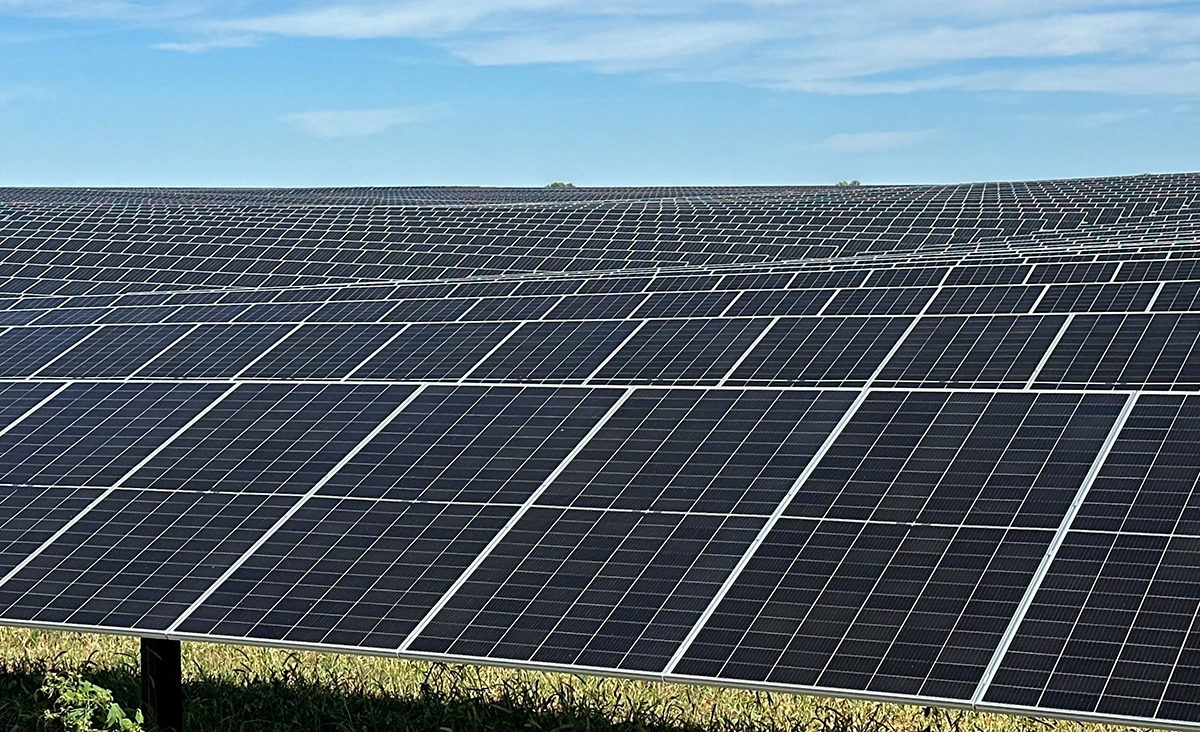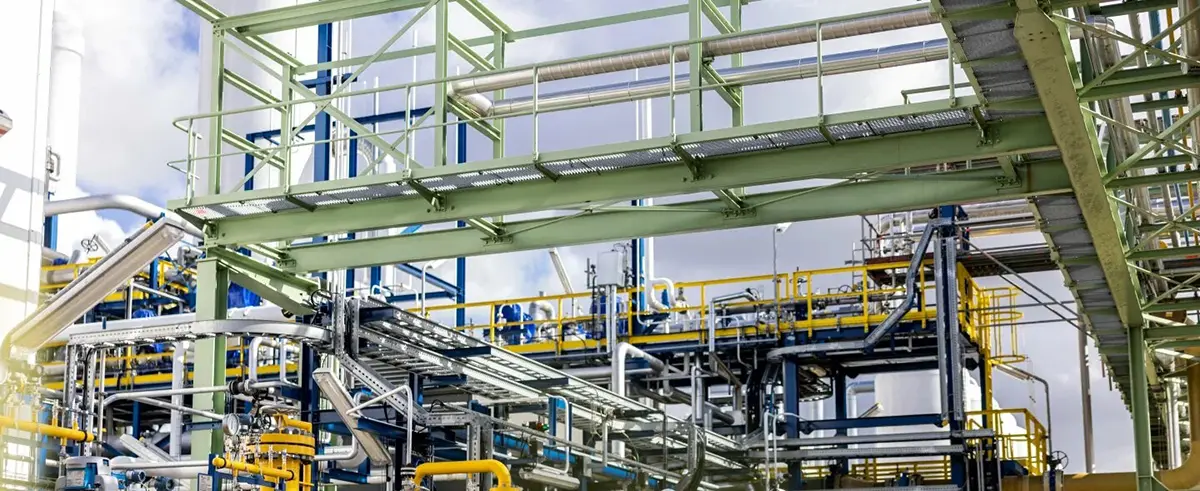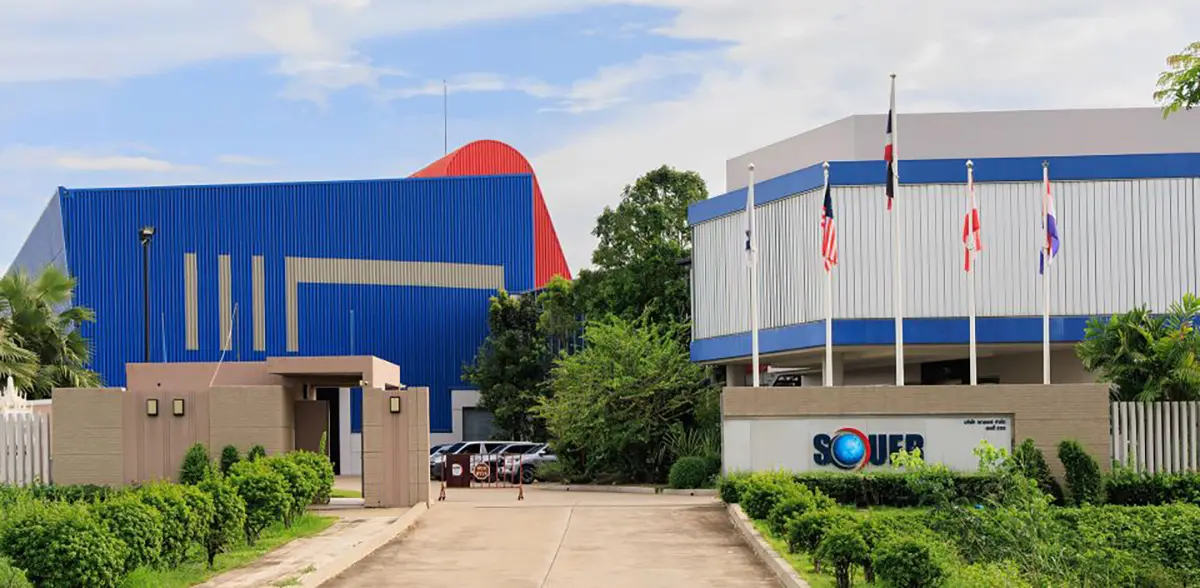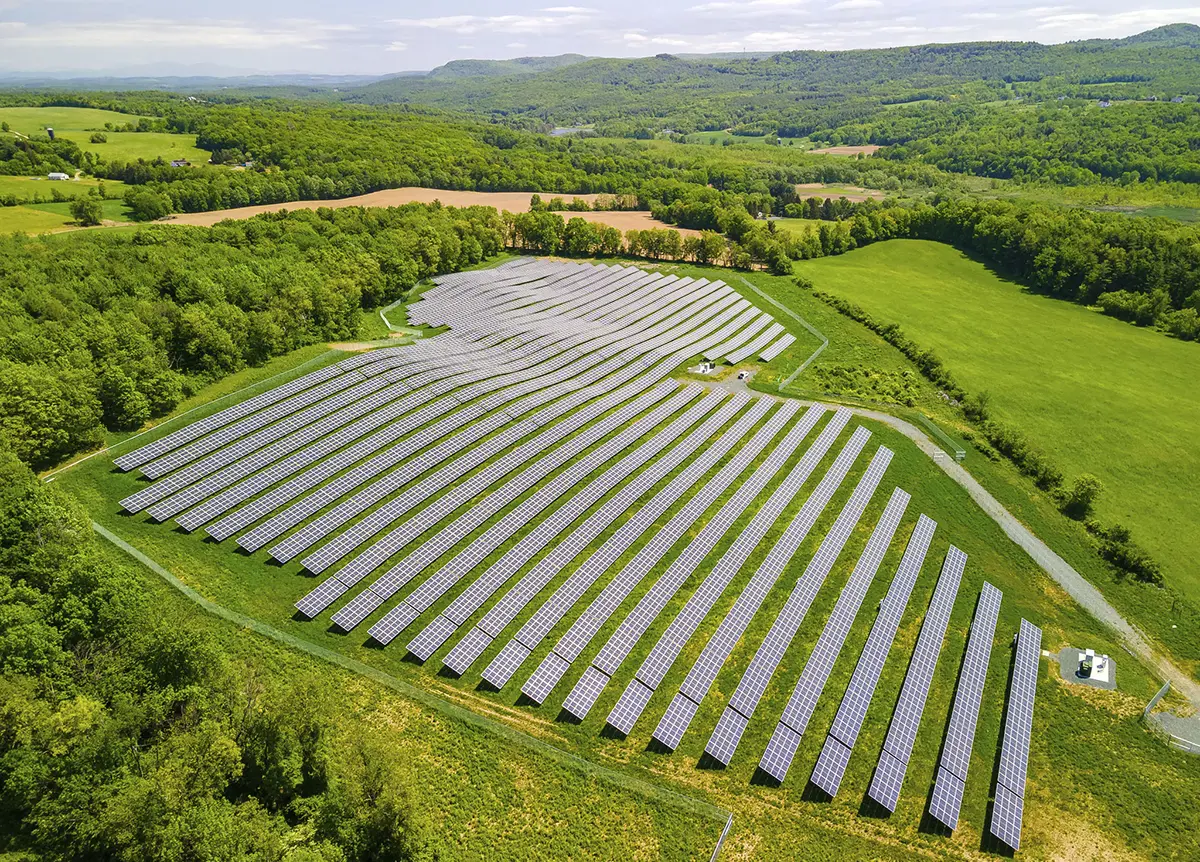
DOE Invests US$9 million In Clean Hydrogen Research
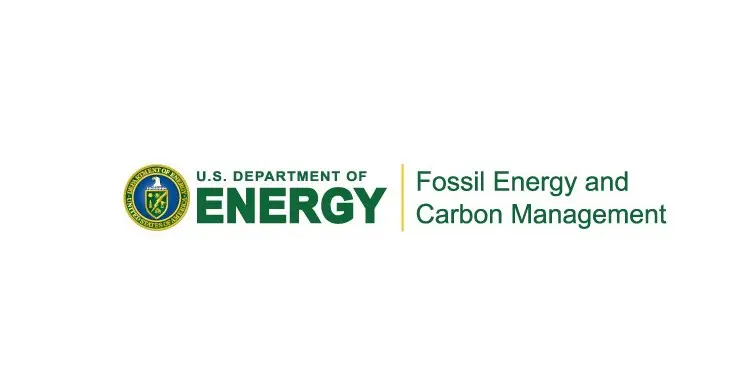
The US Department of Energy’s (DOE) Office of Fossil Energy and Carbon Management (FECM) has selected six projects to receive US$9.3 million in federal funding to develop technology solutions to make clean hydrogen a more available and affordable fuel for electricity generation, industrial decarbonization, and transportation. The projects will focus on advancing hydrogen systems that convert varied waste feedstock materials into clean energy.
“More than 95% of the hydrogen produced in the United States comes from natural gas without the capture and geologic storage of carbon dioxide,” said Brad Crabtree, assistant secretary of Fossil Energy and Carbon Management. “By investing in projects that advance the use of waste feedstocks and integrating hydrogen-based systems with carbon capture, we are helping reduce the carbon footprint and costs to produce clean hydrogen.”
Clean hydrogen can be used across multiple sectors to enable zero or near-zero emissions in chemical and industrial processes, integrated clean energy systems, and transportation. Hydrogen can be produced through low-carbon pathways using diverse, domestic resources — including natural gas, coupled with carbon capture and storage; through splitting of water using nuclear energy and renewable energy sources, such as wind, solar, geothermal, and hydro-electric power; and from biomass through biological and gasification processes. Gasification of biomass, plastics, common household garbage and other wastes — coupled with carbon capture and storage strategies to address greenhouse gas emissions — is expected to be a low-cost, environmentally friendly route to producing clean hydrogen.
The selected projects will decrease the volume of waste sent to landfills and create local economic opportunities by locating new waste-to-energy plants in their communities.
- GTI Energy (Des Plaines, Illinois) will demonstrate a gasifier feed control system that produces clean hydrogen from biomass and waste feedstocks.
- Lehigh University (Bethlehem, Pennsylvania) will demonstrate a system that produces clean hydrogen from biomass, waste plastics, and legacy coal waste feedstocks.
- Stevens Institute of Technology (Hoboken, New Jersey) will develop a wireless artificial intelligence-powered sensor system to enhance the competitiveness of gasification-based systems using challenging mixed-solid feedstocks to produce hydrogen.
- The University of Connecticut (Storrs, Connecticut) will develop a new class of sensors intended to improve the efficiency of solid waste and biomass feedstock-based gasifiers for hydrogen production.
- Baker Hughes (Oklahoma City, Oklahoma) will integrate novel and commercial state-of-the-art technologies to demonstrate a hydrogen-blended natural gas turbine system coupled with carbon capture.
- Electric Power Research Institute (Palo Alto, California) will develop a model to assess the net-zero capability and performance of new and existing gas turbine combined cycle plants when operated with hydrogen fuel blending and carbon capture.
The DOE’s National Energy Technology Laboratory, under the purview of FECM, will manage the selected projects.
A detailed list of the selected projects can be found HERE.
Since January 2021, FECM has committed an estimated US$138 million in projects that explore new, clean methods to produce hydrogen and to improve the performance of hydrogen-fueled turbines.

